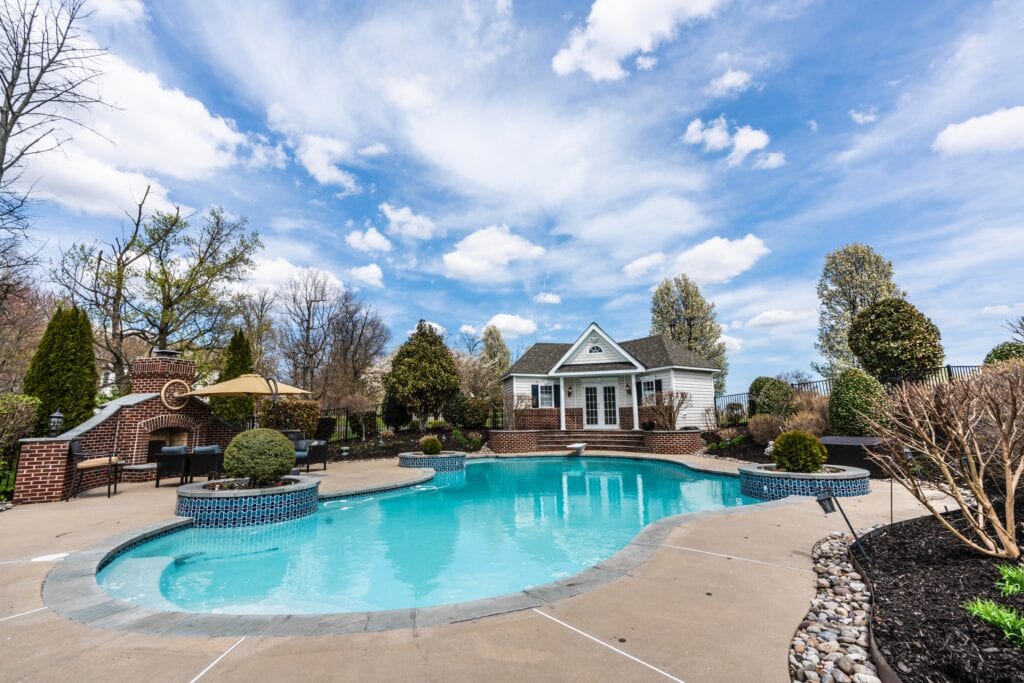6 Things You Need to Know Before Buying a Rental Property

One of the most popular things people do in real estate is purchasing a property and then renting it out. It’s a fantastic way of earning passive income and, if you continue to purchase more properties over time, you can create a nice real estate portfolio to support you long into retirement.
That being said, there are a few things you need to know before you go and buy that first rental property. Failing to remember these pieces of advice could spell doom for your dreams as a real estate investor. Becoming a real estate investor and renting out your properties is not for the feint of heart, so be mindful of these things and you’ll find yourself with a successful real estate portfolio!
#1 – Property Taxes Can Go Up Quickly
There have been stories of property owners finding out that their property tax bill has gone up by insane amounts. In many states, you can get a homeowner’s exemption on your primary residence. However, property tax caps on rental properties can be percentage points higher than your primary home or homestead.
Make sure you base your rental price on your current mortgage bill. That way, you’ll take higher property taxes into account and make a profit off your property!
#2 – Renters Can Destroy Your Home
Everybody who owns rental properties has a renter horror story. Some of those stories revolve around unpaid rent, being disruptive, etc., but the worst ones are by far the stories of renters destroying homes.
You can’t really predict what anybody is going to be like before they rent your home. Furthermore, you can’t predict just how much damage can happen in a short period of time—and how much it can cost. To make sure you’re prepared, make sure you have a fairly large deposit collected before the tenant moves in. That way, if they up and leave you with a destroyed home, you’ll have money to augment the repairs.
#3 – Good Renters Are Priceless!
Being stuck with a repair that’s thousands of dollars after a tenant moves out quickly makes you realize that you need to be more selective with your tenants. Furthermore, it can serve as a reminder to show appreciate to the good tenants you have. You might have an idea already of who they are: they mow the lawn, keep the house clean, decorate for the holidays, and just generally act as if their rental were their own home.
If you get a good tenant in there, do things to show them how much you appreciate them in order to entice them into staying longer. Drop by every now and then (with proper notice, of course!) and say hi and check in how they’re doing, let them customize the home if they ask to do so, and have any requested repairs done quickly. Most importantly, however, don’t raise the rent too much (or at all). The money you lose by not making regular increases in the monthly rent pales in comparison to the money you’ll lose having to look for a new tenant (who may turn out to be a very bad tenant).
You have to cherish your good tenants!
#4 – Always Be Ready for Unexpected and Expensive Repairs
Everything might seem like it’s going well and then, out of the blue, you have to replace a sump pump, or an HVAC unit, or a refrigerator—each of these could set you back thousands. This doesn’t even take into account the potential damage that’s being done to your home by your tenant (even great tenants are bound to have an accident here and there).
If you price your rental right, you should be making a tidy profit every month, which you can then put towards any future repairs. That being said, there are still going to be those surprise repairs that even your rental profit won’t fully cover. Unfortunately, that money will have to come out of your own pocket.
Make sure you have enough money in your personal savings—like an emergency fund—that will help you deal with these major and unexpected costs.
#5 – Set Rules and Don’t Forget Them
Take this example: a new tenant moves in and unfortunately they’re a few days late with their rent in the first couple of months. You, being a nice person, tell them “it’s ok, just pay me when you can” and you ignore your $10-per-day late fee that’s written in the rent. Unfortunately, you’ve just set a precedent with the new tenant and every month now it seems like they’re paying 7, 8, 9 days late. You’ve now opened yourself up to a lot of unnecessary stress because now you don’t want to suddenly go back on your nice sentiment from earlier and begin enforcing your late fee.
To save you this stress, make sure you make clear rules in the lease and stick to them no matter how much you like the renter. This will save you huge amounts of stress (and financial burden) later on.
#6 – Know What You’re Getting Into
Like we said earlier, being a landlord is not for the feint of heart. Like anything in life that’s worth doing, you have to jump through hurdles to make real estate investing worth it, but it’s very easy to do so if you just plan ahead. Make sure you screen your tenants, always check in on your property, don’t shy away from laying down the law a bit, but always be respectful of your tenants (especially your good ones).